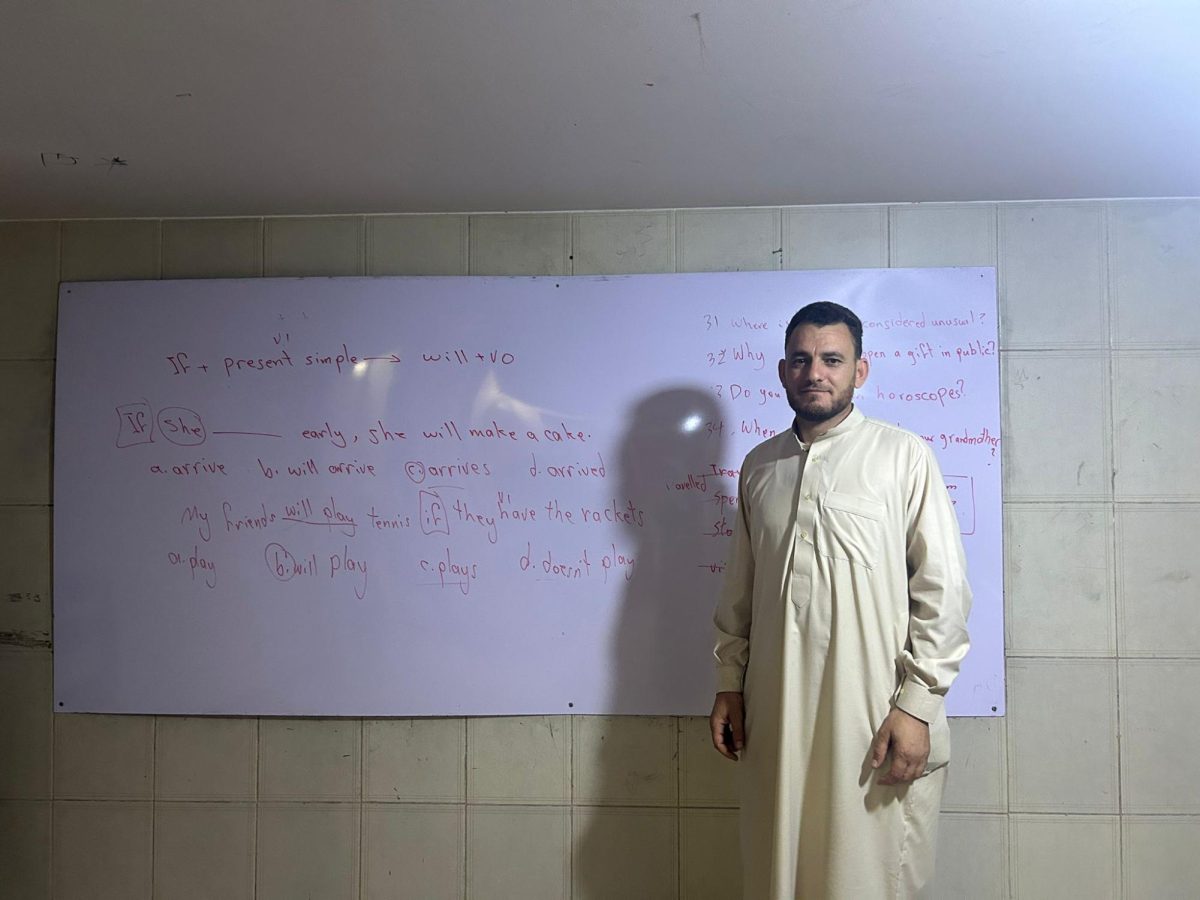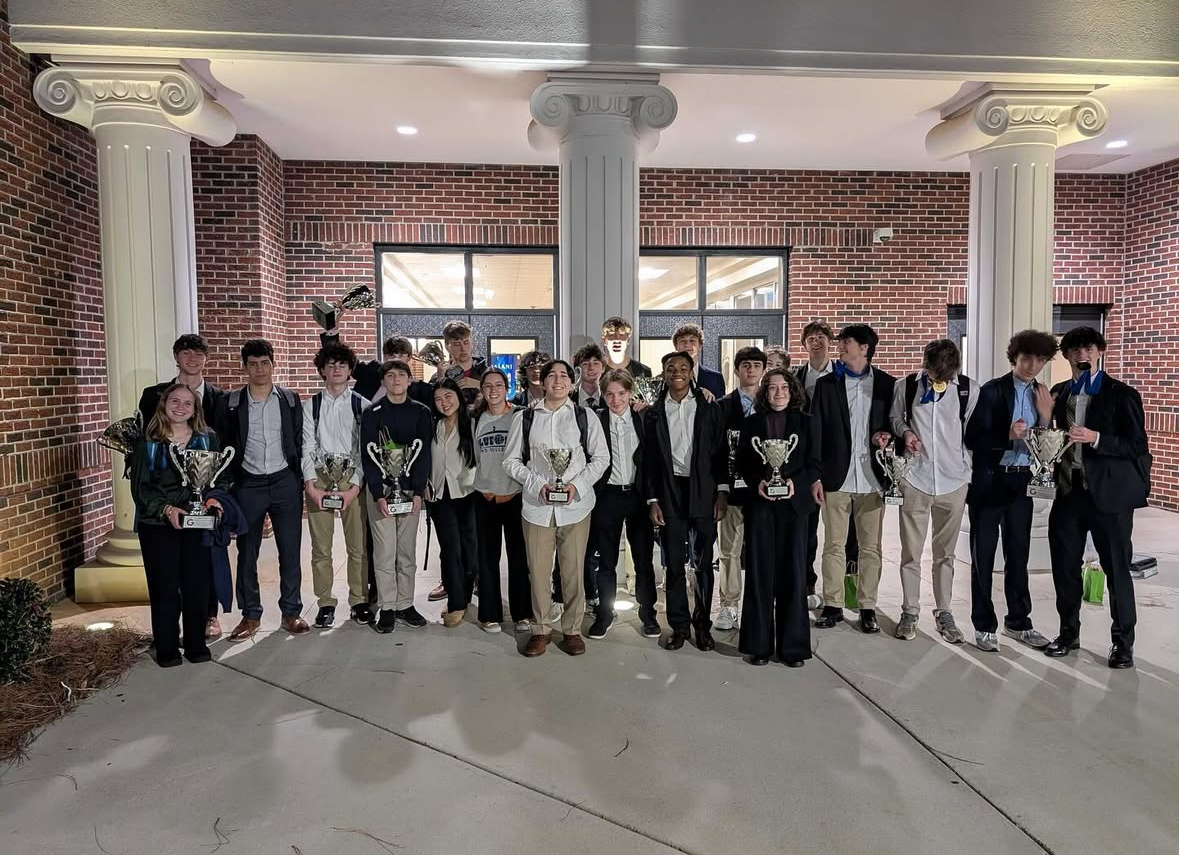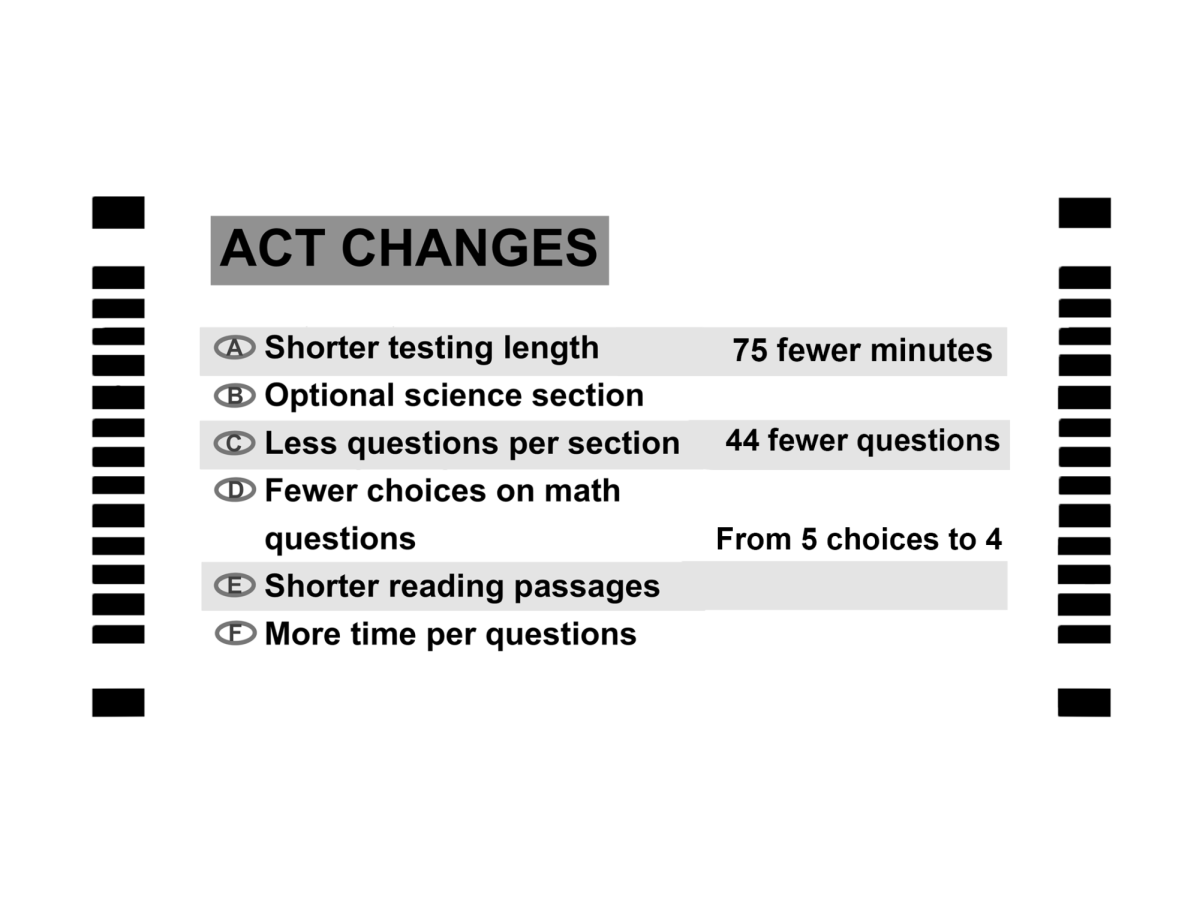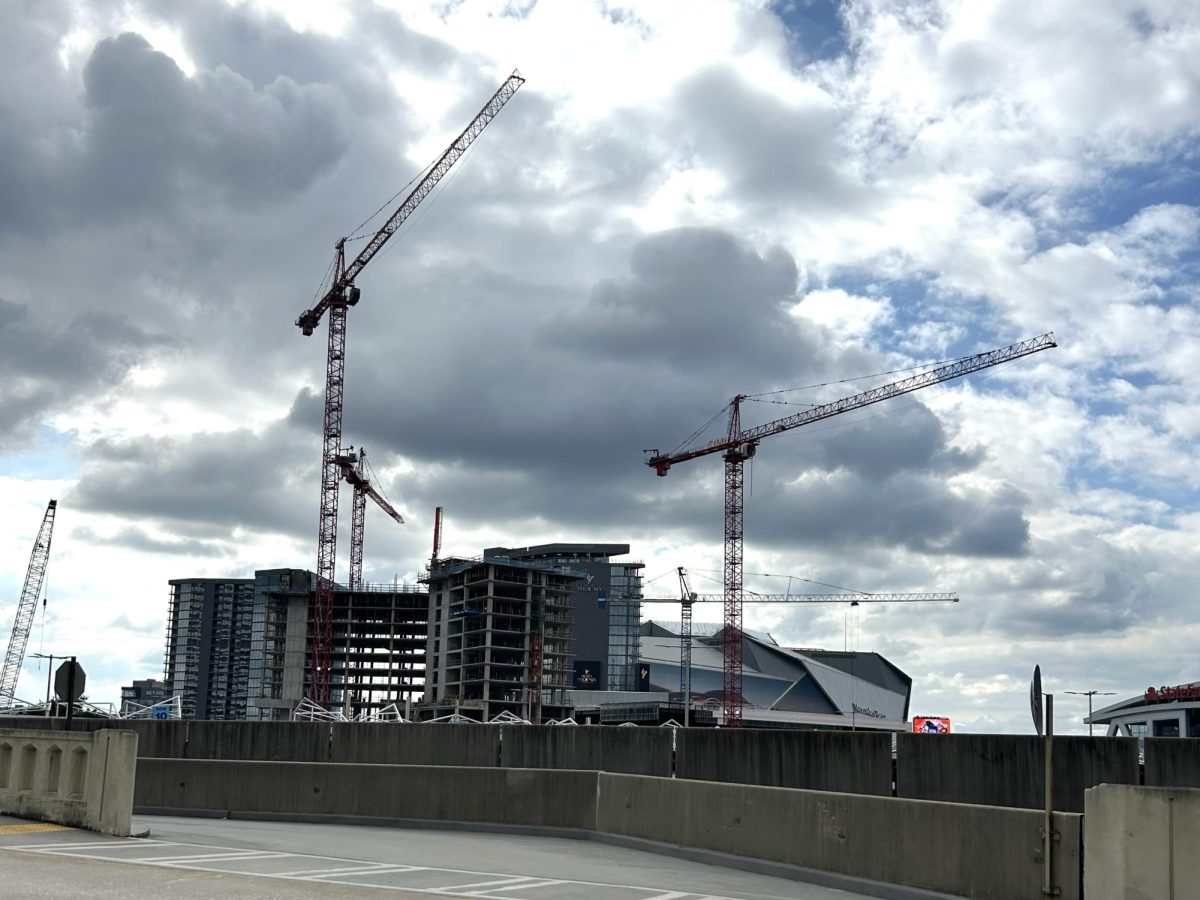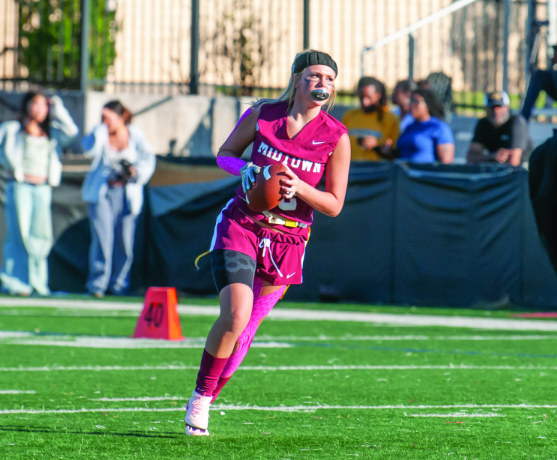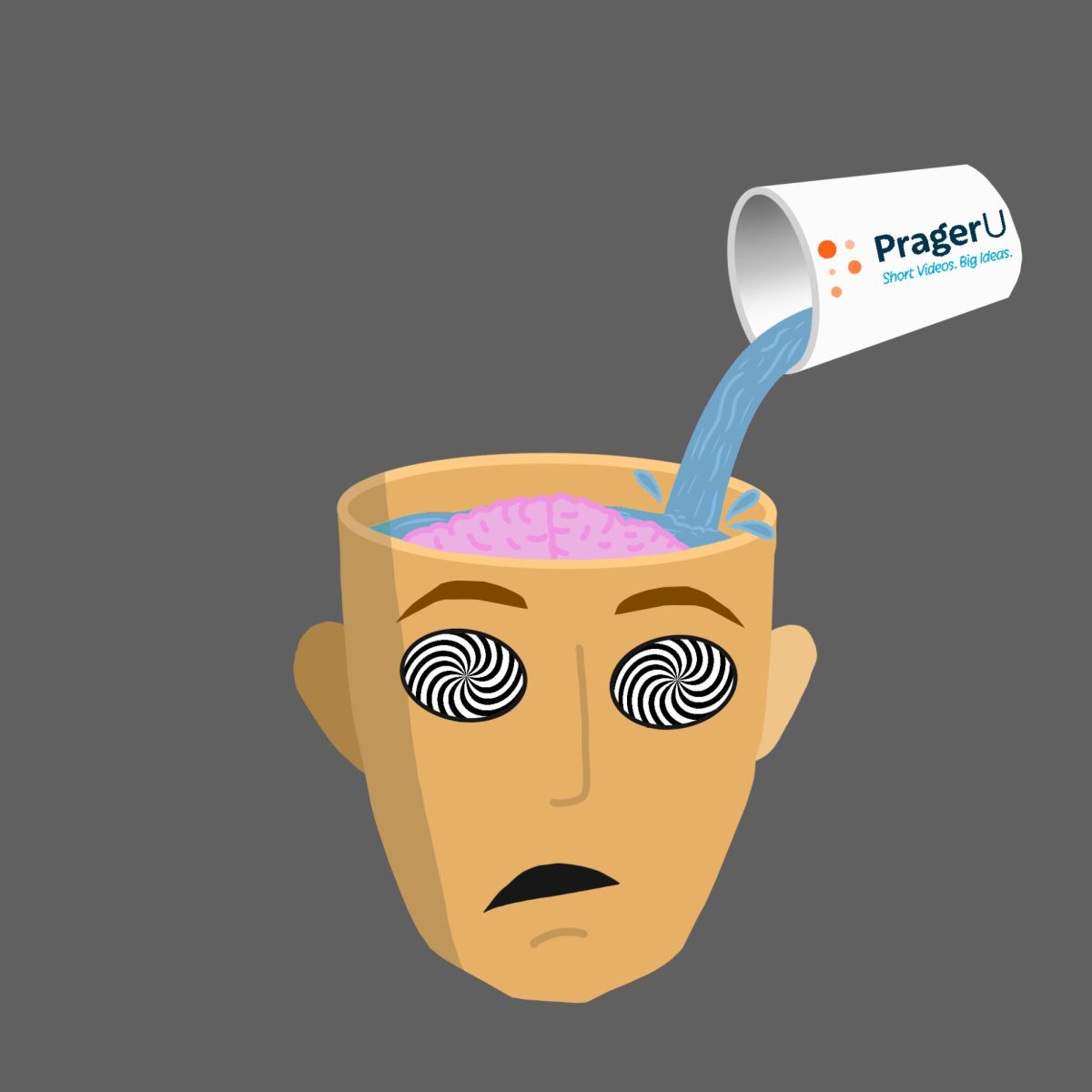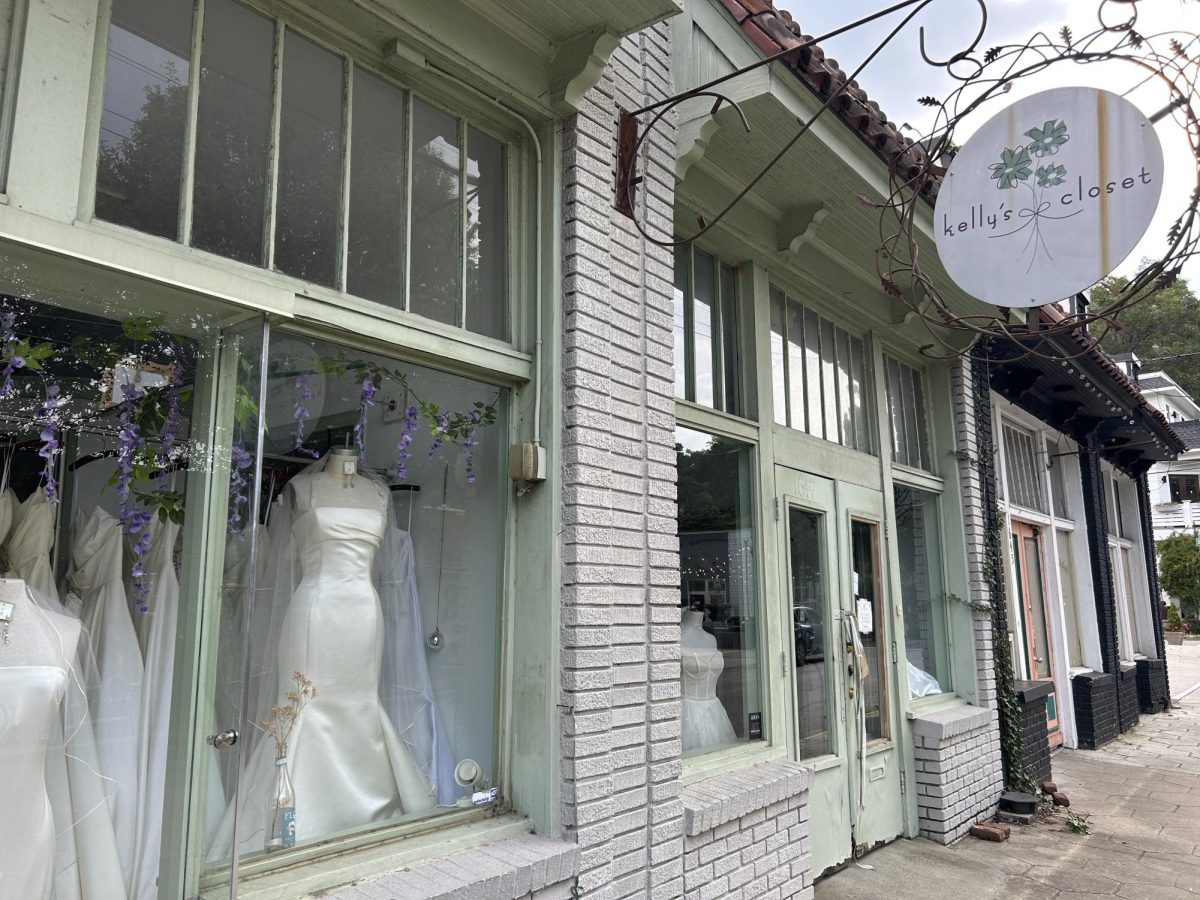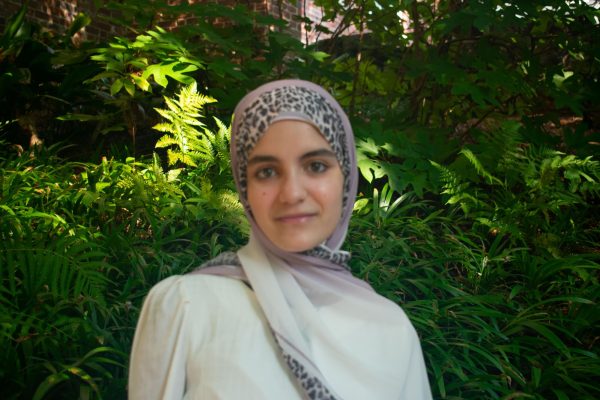In a small city in the suburbs of Damascus, one that was formerly blanketed by government checkpoints and portraits of former Syrian President Bashar al-Assad, English teacher Ahmed Zarzar stands in a classroom unbound by fear. Now, Zarzar is determined to help his students see beyond the rubble and imagine a world where their voices can thrive.
Growing up in Syria’s capital under both Bashar al-Assad and his father, Hafez al-Assad’s, 54-year-long regime, Zarzar recalls a childhood shaped by fear.
“As a child, I didn’t recognize the difference because our parents are always afraid to tell us the truth about how this regime was full of injustice,” Zarzar said. “Parents in Syria usually don’t tell their children about the truth. They don’t teach them anything about that because they are afraid if their children speak in public, they will cause them problems.”
But, as he matured, the reality of his country’s struggles came to light.
“I lived a normal childhood,” Zarzar said. “But in Syria, most people live in poverty. After we grow up, we start to ask questions and ask about life in Syria. [In terms of] political life, we knew that we were living in a country that is a regime, with unfair prejudice and repression.”
On Dec. 8, 2024, the al-Assad regime was overthrown by opposition forces, signaling the sudden end of a 14-year-long civil war. Zarzar said that moment had lifted a shadow of repression off of many Syrians, allowing them to truly experience freedom.
“We were looking forward to this moment,” Zarzar said. “We were looking for it. Most of the Syrian people, they either traveled abroad, some of them were killed, and the others lived in discrimination. All of us were very happy. Most of the people were crying because they felt freedom for the first time in their life.”
More than half a year later, Zarzar believes that the sense of optimism is lingering, yet to fade.
“After the Assad regime fell, we’ve got hope again,” Zarzar said. “Because before its fall, most Syrian people were thinking of traveling abroad [from] Syria. Now we are feeling the precipitation again. Our country is developing day after day. Even though it’s just [been] seven months, we all have a different life now.”
Zarzar believes that this change is both emotional and physical. Checkpoints and portraits that once littered the streets of Syria are now gone.
“Bashar al-Assad’s pictures were in every place in Syria: in schools, in the streets, every place in Syria you would find pictures for Bashar al-Assad,” Zarzar said. “For me as a Syrian person, it is considered an achievement not to see his face again. The checkpoints were in every place in the country; my city [ar-Ruhaybah] is considered a small city, not a big city. But in every direction, you [would] find a checkpoint. But now, we [have] disposed of them all.”
Educators like Zarzar see language not only as a tool for connection, but as an opportunity for reshaping a nation’s image and reentering the global stage.
“Now that Syria is free, everything will change,” Zarzar said. “For me, as an English teacher, everything will change because when we lived in that situation, nothing could be changed for the better. Everything became worse and worse day after day. But now, everything will be better, as I hope and as every Syrian person hopes. We are going to improve our language and we are going to improve our students’ language. We will communicate with other nations better. Most people think that we are just refugees. That’s all they know about. But, these people have hope; these people have intelligence; Syrian people are not just an underdeveloped population.”
Yaman Shreedah, a junior at the Women’s School of Arts in ar-Ruhaybah, Syria believes Zarzar pushes her and other students to see themselves as capable.
“One thing that my teacher does in class is that he encourages us,” Shreedah said. “He always says it is easy to learn English and everyone can learn it. All you have to do is keep practicing.”
Shreedah believes that beyond the lessons in prepositions and grammar, Zarzar has instilled in his students a different outlook on life.
“I think his teaching has changed the way I see the world outside of Damascus,” Shreedah said. “For me personally, studying abroad [from] Syria seems worth it to visit, and I think it’s really nice to be able to go.”
While many students look towards Zarzar for hope, Shreedah believes he finds hope through their successes.
“I think the students motivate him the most,” Shreedah said. “When we benefit from his education, it gives him hope. He also says he would love for us to contribute to the development of Syria when we get older.”
Another student of Zarzar, rising seventh grader Sajedah Turkman, says Zarzar creates a classroom environment where self-confidence grows.
“He always looks for many ways for us to enjoy his teaching,” Turkman said. “He enhances our self-confidence by constant encouragement, providing important feedback and creating a positive learning environment. He believes in our abilities and supports us with more enthusiasm and a rush towards learning. He motivated me to see the culture and history of the world around me.”
Turkman believes that optimism is the center of Zarzar’s philosophy.
“The road can be difficult, but hope and optimism can make everything possible,” Turkman said. “We overcome the challenges with a positive view.”
Turkman has seen Zarzar’s motivation, never wavering to instill a love of learning and encouragement in his students.
“If I had to describe [Zarzar] in three words, it would be inspiring, patient and creative,” Turkman said. “Inspiring because he instills in us a love of learning and bears our questions with love and uses methods to teach us. He makes teaching more positive and interactive, and he looks for ways to communicate information well and clearly.”
Turkman believes Zarzar’s commitment to his students stems from his belief in a brighter tomorrow.
“What motivates him to continue teaching, even after everything that Syria has gone through, is that he believed future generations would build a future and a beautiful homeland for the new Syria,” Turkman said.
While Syria begins to rebuild, Zarzar hopes people abroad will see his country beyond the headlines.
“Syrian people like to live like any nation in the world,” Zarzar said. “For the American people, I hope they will know that we were living in an unfair situation, and to help Syrian people, to give us a hand as a developing country, and treat us as the centre of civilization. Syria is the center of civilization, and its people are very good people. They need a chance.”

